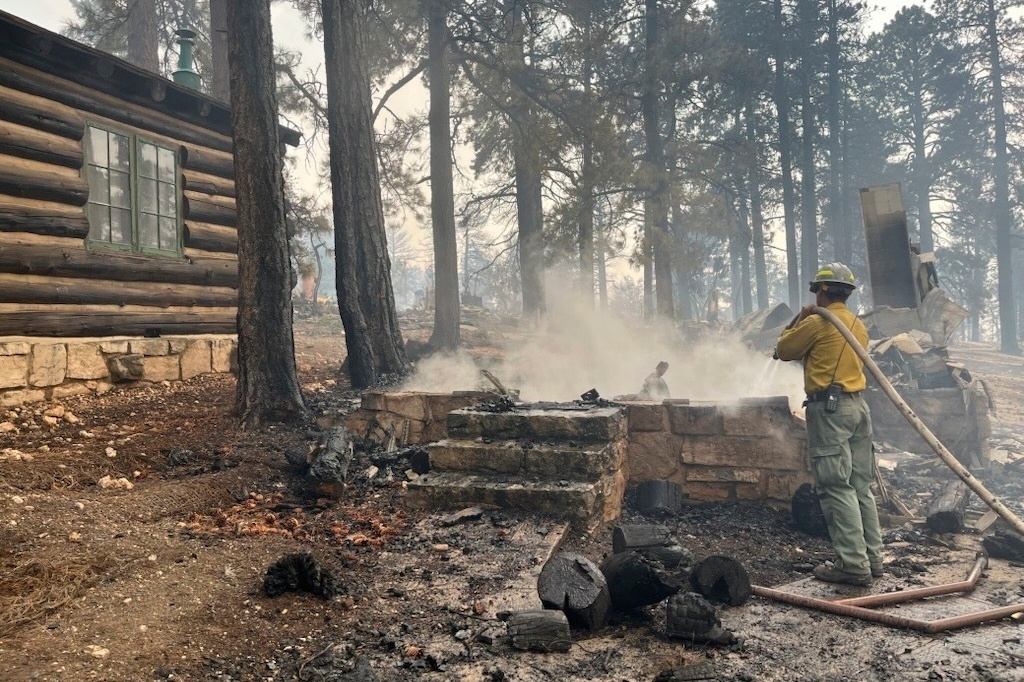What should the punishment be for possessing a small amount of heroin, cocaine, or methamphetamine? A bill moving through the state legislature would downgrade the charge from a felony to a misdemeanor. And as Colorado Public Radio’s Megan Verlee reports, it's raising a lot of debate about what's best to help drug users and society.
[The following is a transcript of Megan Verlee's report]
REPORTER MEGAN VERLEE: Sixteen years ago, Pam Clifton’s husband died unexpectedly, leaving her alone with two small children. In the midst of her shock and grief, Clifton says she started to “self-medicate.”
PAM CLIFTON: "A short time later I was arrested for a small amount of drugs. I was given a six year prison sentence."
REPORTER: Clifton told her story to the Senate Judiciary Committee yesterday. After her arrest, she suffered a miscarriage, and lost her rights to her other children.... All over less than a hundred dollars worth of drugs.
CLIFTON: "I am a felon, and I carry that stigma and I’ll carry it for the rest of my life. And I know that this bill would have been in existence in 1996, you would have saved my family."
REPORTER: Clifton now works for the Colorado Criminal Justice Reform Coalition, one of several groups pushing for the bill. It would lighten the penalties for possessing drugs, making it a misdemeanor to have up to four grams of most illicit substances. Any money saved by not sending people to prison would go into drug treatment programs. Carmelita Muniz represents the treatment industry. She says that change wouldn’t just help get people off drugs, it would help them get on with their lives.
CARMELITA MUNIZ: "That felony stays with a person. I mean, I get calls all the time from folks saying, “help me! who will hire me? who will house me? where will I live?” Because of that felony, they continue to have barriers."
REPORTER: Opponents of the bill say they’re sympathetic to its goals, but that this is the wrong way to achieve them. Deputy Mesa County District Attorney Dan Rubinstein says it’s the threat of a felony charge that motivates drug users to agree to treatment.
DAN RUBINSTEIN: "We all know a felony is a big deal. We wouldn’t be here if we didn’t think a felony was a big deal. Every defense attorney knows it, every DA knows it, every judge knows it, and every defendant knows it. And the possibility of a felony is a big motivating factor."
REPORTER: Rubinstein also points out that judges already have a lot of discretion over whether to send people to prison for drug possession, and they rarely do. There are currently only about 200 people in Colorado prisons who wouldn’t be there if this law was in effect. And then there’s the matter of deterrence. Republican Senator Ellen Roberts of Durango wondered what downgrading penalties will do to prevention efforts.
ELLEN ROBERTS: "The question is, what message are we sending out to our young people, to young parents about, what is the consequence of their behavior?"
REPORTER: Shawn Mitchell, the bill’s Republican sponsor, answered:
SHAWN MITCHELL: "The possibility of a prison sentence isn’t shown to be an effective deterrent. It might intuitively feel like it, but once someone is on that path, the consequences don’t loom very large in their rational thinking."
REPORTER: Lighter penalties for drug addicts might seems like exactly the kind of issue that would bring out the usual law-and-order versus bleeding-heart battlelines, but it hasn’t. While Shawn Mitchell is one of the legislature’s more conservative Republicans, he’s also part of an ongoing, and very bipartisan, effort to reform the criminal justice system and reduce the prison population. Colorado isn’t alone in that; many states have lowered drug penalties. But not everyone is sold on the idea. Senator Roberts says this bill goes too far too fast.
ROBERTS: "I think we owe it to everybody involved to thoughtfully work through this. And just because X number of other states have proceeded down a particular path, the question is, what’s happening in Colorado?"
REPORTER: The bill passed its first vote and has one more committee hearing before reaching the full Senate.
[Photo credit: Flickr user Safiana]









